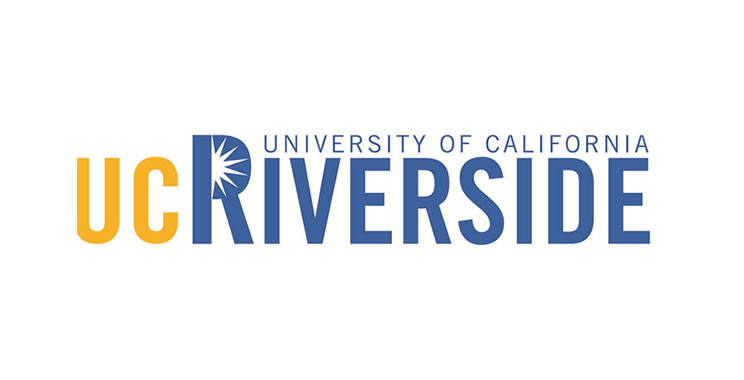How Can Workers Reap More Benefits From Economic Development Projects?
Research from two UC Riverside professors looks closely at the impacts of distribution centers like QVC’s Ontario outpost on working communities
Riverside, Ca. – Located 35 miles east of downtown Los Angeles, the city of Ontario is home to more than 173,000 residents — plus a 1-million-square-foot warehouse that serves as QVC Inc.’s West Coast distribution center.
Best known as a home-shopping TV network and online retailer, QVC is part of a long line of companies that have set up distribution centers in Inland Southern California, a region whose proximity to airports and other transportation hubs has been a boon for the logistics industry.
But according to researchers from the University of California, Riverside, workers in Ontario and similar cities may be getting the short end of the stick when it comes to the deals that allow companies like QVC to move in.
Ellen Reese, a professor of sociology and chair of UCR’s labor studies program, and Juliann Allison, an associate professor of gender and sexuality studies, took an in-depth look at the 2015 operating agreement between the City of Ontario and QVC.
What they found was cause for alarm: The agreement, which established Ontario as a “point of sale” for the retailer’s goods, allows the city to collect sales tax revenue from QVC. In exchange, however, the city agreed to return to QVC an astonishing 55 percent of that sales tax revenue up to $500 million — and 60 percent thereafter.
Reese, Allison, and their research colleague, Nathaniel Cline of the University of Redlands, found the agreement lacked transparency, does not require annual public reporting, and includes zero built-in protections or benefits for workers and residents.
“What happened in Ontario with QVC isn’t far from what we’ve been seeing with companies like Amazon,” Reese said. “There’s fierce competition among cities to host these companies, and local governments often offer large subsidies in exchange for the opportunity.”
In a brief published online this week by UCLA’s Institute for Research on Labor and Development, the researchers suggested that in working communities like Ontario, such agreements can contribute to rising poverty levels and hollowed-out tax bases.
Still, the researchers wrote, it is possible for working communities to push back against bare-bones agreements to argue for more clear-cut benefits. In particular, Reese, Allison, and Cline identified two types of agreements that have been shown to empower Southern California workers: community benefit agreements, or CBAs, and project labor agreements, or PLAs.
“The onus is really on both sides to level the playing field,” Reese added. “Community and labor organizations need to coalesce and make known what they want. But city councils and policymakers also need to make it more transparent that these projects are being considered and agreements are being developed and finalized.”
About UC Riverside
The University of California, Riverside (www.ucr.edu) is a doctoral research university, a living laboratory for groundbreaking exploration of issues critical to Inland Southern California, the state and communities around the world. Reflecting California’s diverse culture, UCR’s enrollment is now nearly 23,000 students. The campus opened a medical school in 2013 and has reached the heart of the Coachella Valley by way of the UCR Palm Desert Center. The campus has an annual statewide economic impact of more than $1 billion. To learn more, call (951) UCR-NEWS.

